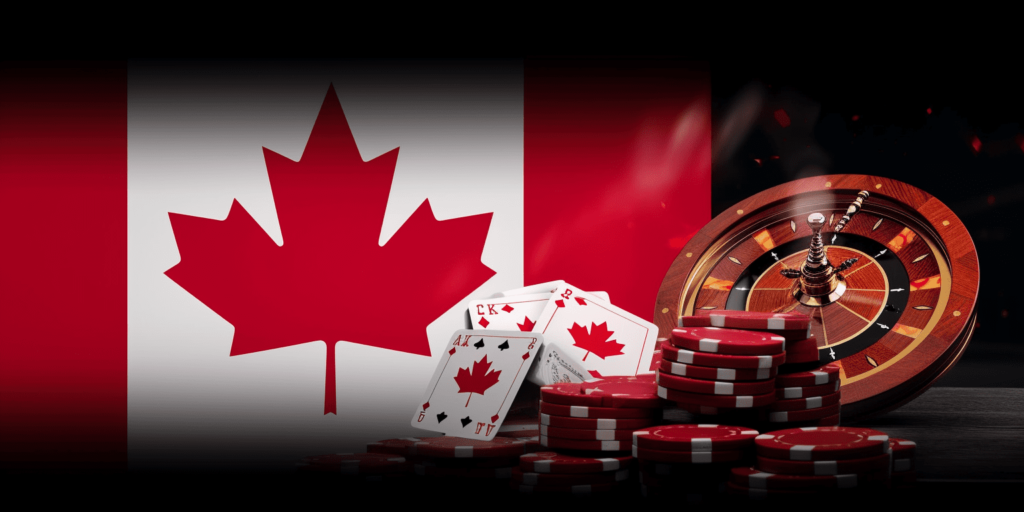Canadian Online Gambling Laws
Related article
Is Online Gambling Legal In Canada?
A while back, unless affiliated with a government-licensed entity, online gambling was illicit in Canada. Despite this, Canadians continued to engage with offshore casinos for their gaming pleasures. Canadian regulations prohibit local hosting for casino and sportsbook platforms.
Nevertheless, Canadians can engage with casino activities by using platforms sanctioned by international licenses. This is feasible as long as those platforms don't operate servers within Canadian borders.
Historically, Canada's approach to gambling was stringent, governed by a criminal code. This changed in 1985, giving provinces authority to shape their local gambling regulations. While each province and territory has its own licensing body, the Canadian Gaming Commission oversees the broader framework.

Canada Online Gambling Laws
Over decades, gambling laws in Canada have seen numerous enhancements and shifts. Pre-1969, gambling was banned entirely. A pivotal shift came in 1969 when the government greenlit lotteries to finance charitable initiatives.
In 1970, control of gambling was decentralized, empowering provinces to oversee betting activities and uphold Canadian laws.
As the years rolled on, gambling statutes in Canada were tweaked numerous times. The 1990s marked the dawn of online casinos, acknowledged but unofficially operated. Government oversight was limited in that era.
Leaping into the present, the industry has witnessed unprecedented growth, offering a diverse portfolio of slots, card games, sports bets, and lottery games, all easily within reach.
With the rise of Canadian online casinos, concerns about gaming addiction also grew among players. But with solid laws now in place, gamblers have varied options from offshore or locally approved sites.
Good news: Canada's gambling laws are advancing steadily. Ontario set a milestone by being the first province to legitimize the market, suggesting a bright trajectory for the nation's gaming scene.
Provincial Guidelines for Online Gambling
Canada's online gambling rules are tailored distinctly to each province. Now, let's delve into the provincial regulations concerning online betting.
Alberta
British Columbia
Manitoba
New Brunswick
Newfoundland and Labrador
Prince Edward Island
Quebec
Saskatchewan
The Crucial Role of Gambling Licenses
Licensing acts as the Canadian government's assurance that service providers operate legally. Proper licensing safeguards online casino players, preventing deceptive practices. Each province sets specific licensing criteria, and every operator must adhere to the provincial online casino regulations. Legal hurdles are substantially minimized with the right license.
Who Grants Gambling Licenses in Canada?
Licensing is largely facilitated by Canadian provincial authorities, each crafting their unique regulations. Thus, variations in land-based and emerging online gambling laws exist nationwide.
Provinces have distinct regulatory entities collaborating with service providers to issue licenses. These include:
- Alberta Gaming and Liquor Commission
- Alcohol and Gaming Commission of Ontario
- Québec Gambling Commission along with Kahnawake Gaming Commission
- Manitoba Liquor and Gaming Authority
- British Columbia’s Gaming Policy and Enforcement Branch
- Nova Scotia’s Alcohol and Gaming Authority
- Atlantic Lottery Corporation in Newfoundland and Labrador
- Saskatchewan Liquor and Gaming Authority
- Prince Edward Island Gambling
- New Brunswick Lotteries and Gaming Corporation
Each entity sets provincial laws and is responsible for licensing service providers.
New Gambling Laws in Canada?
In November 2020, the introduction of Bill C-13 marked a turning point. Aimed at reshaping gambling's association with the criminal code, it reformed sports betting by February 2021, ushering in legal gaming on licensed platforms.
This change highlighted the expanding federal role in regulatory affairs. Although the future of Canadian online gambling remains dynamic, legislative growth is anticipated. A larger focus might be the federal guidance of online casinos, though provinces might retain independent oversight.
Proposals for a national regulatory framework aim to establish comprehensive guidelines and a centralized authority to enforce online casino mandates.
Finishing Thoughts
This discussion covers everything essential about Canadian online gambling regulations. Indeed, each province has the liberty to establish its own rules, with regional regulatory bodies managing duly licensed sites. Legal online gambling in Canada necessitates strict adherence to local statutes.
FAQ

